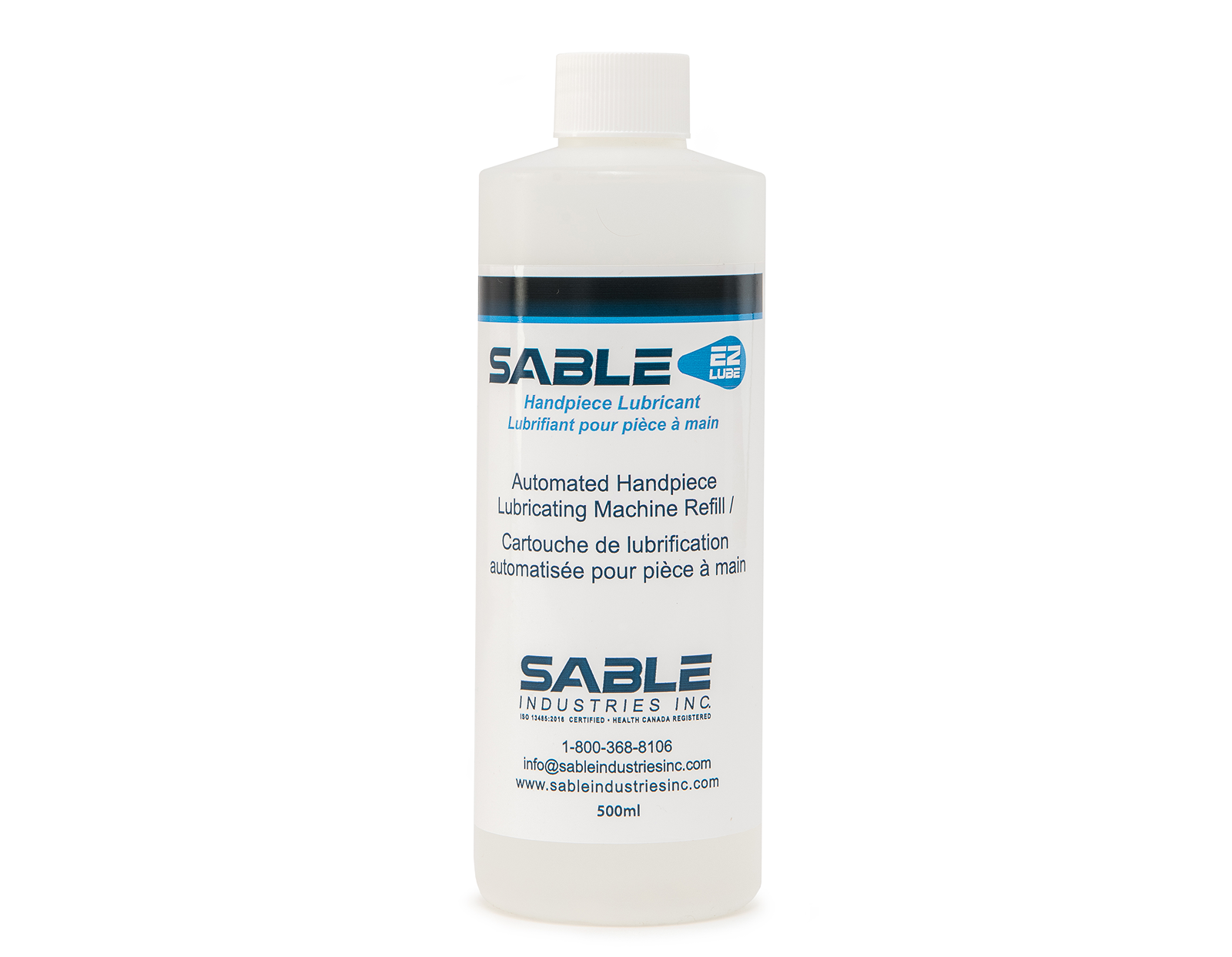As dental professionals, there are many ways we can work together to help stop the spread of COVID-19.
For one, we can go the extra mile with safety standards to ensure patients’ and staff’s well-being. Dentists and registered dental hygienists help their patients maintain good oral health, of course, which helps strengthen the overall immune system.
Now, you can also tell patients about another thing that could help prevent the transmission of COVID-19 ‒ and it’s a product they probably already have at home.
Mouthwash.
Here’s a look at a new study out of Rutgers University that found two types of mouthwash that could be effective at disrupting SARS-CoV-2.
Why Mouthwash Has the Potential to Reduce COVID-19 Transmissions
When people think mouthwash, they think of fresh breath and plaque removal. They don’t really think about the broader health benefits of swishing a mouthful of the minty, slightly-burning liquid.
However, the results of recent laboratory testing suggest that there are at least two types of mouthwash that could stop COVID-19 from replicating in a human cell.
The two types of mouthwash in question are Listerine and chlorhexidine. Listerine contains the active ingredients Eucalyptol (0.092%), Menthol (0.042%), Methyl salicylate (0.06%), and Thymol (0.064%). The latter, chlorhexidine, is only available in Canada and the United States by prescription.
According to the lab results, both mouthwashes only took a few seconds to disrupt the virus, even after they were diluted to resemble functional use.
Questions remain about the real-life efficacy of these findings. The study only replicated conditions found in the mouth, applying concentrations of the mouthwash and measuring the time it took to contact tissues. Real-world scenarios have yet to be tested.
For this reason, more studies are needed before anything is set in stone. However, the findings suggest a simple, straightforward method that people could use to protect themselves.
Other Mouthwashes Show Promise for Preventing COVID-19 Transmissions
Another mouthwash has the potential to help in the fight against COVID-19, that being Betadine. But unlike Listerine and chlorhexidine, this product couldn’t disrupt the virus without impacting the skin cells in the mouth, which offer a layer of protection.
Betadine contains Peroxyl and povidone-iodine, which are not found in the other two mouthwash products tested by researchers.
Mouthwashes Could Help Keep Dental Professionals Safe from COVID-19
Part of fending off COVID-19 is keeping yourself safe from the virus. While PPE and other safety standards help, they aren’t impenetrable. After all, your job revolves around being up close to your clients’ mouths day after day. Every added bit of protection is welcome.
By giving a patient (who has unknowingly caught the virus) Listerine or chlorhexidine, there’s now proof it might lessen the viral load and help offset the chances of you transmitting COVID-19.
And in keeping yourself safe, you keep your patients, staff, and surrounding community safe.
The hope is that people using these mouthwashes a few times per day would lessen transmissions. However, mouthwash alone cannot stop anyone from catching or transmitting the virus.
While other research had been performed to test other antiseptic mouthwashes’ abilities to disrupt COVID-19, these findings are unique. Previous studies only examined temporary transmission prevention, whereas the new study also examined antiseptic rinse concentrations, time of contact, and skin-cell killing traits that mirrored oral conditions.
Although Listerine and chlorhexidine aren’t 100% proven to prevent transmission, it wouldn’t hurt to encourage patients to use them.


